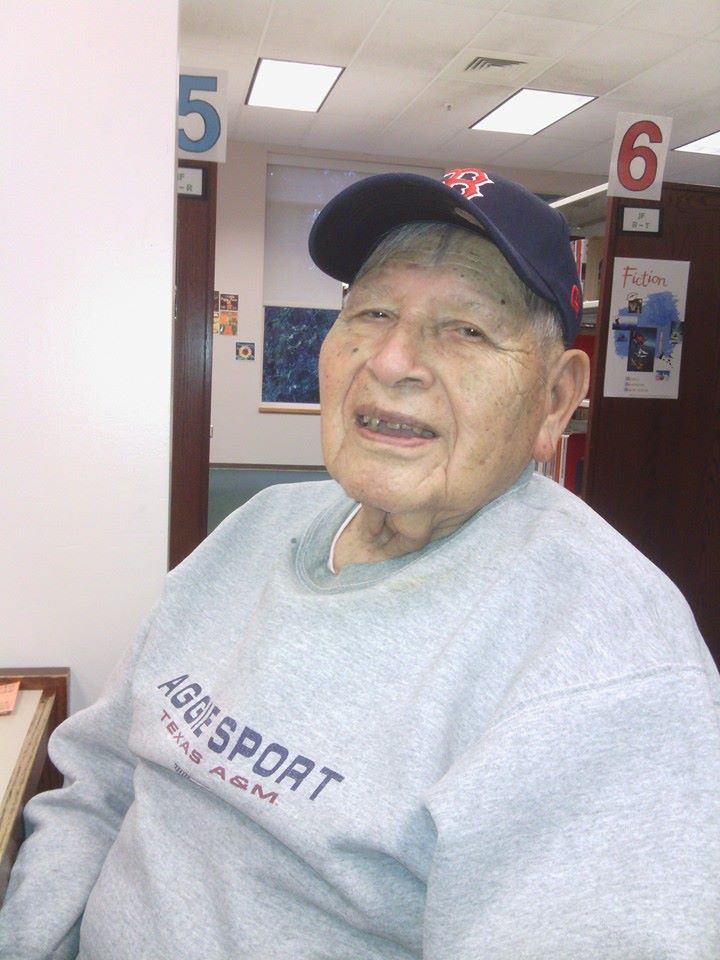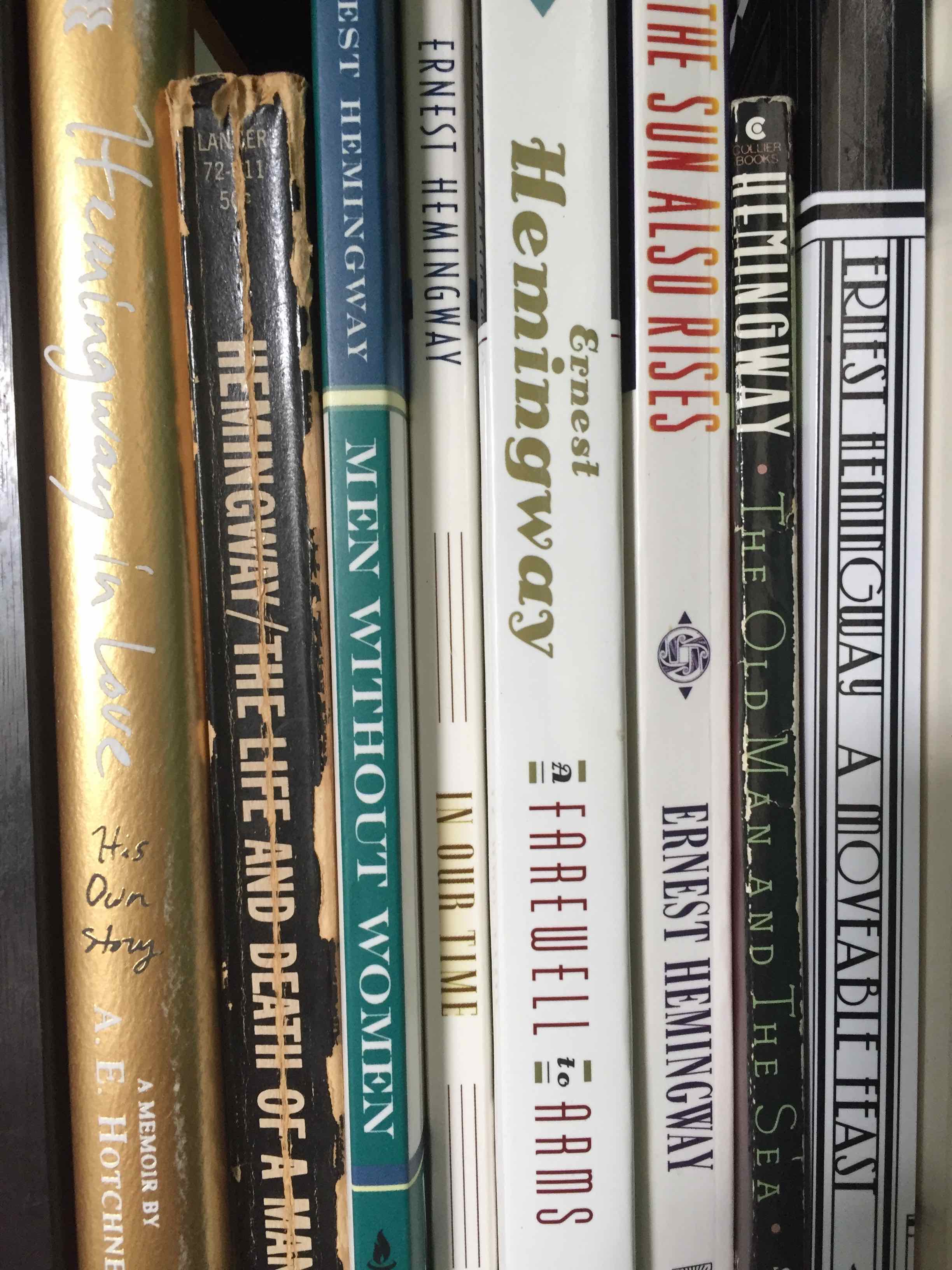On March 24, 2014, I began a book project that would take me on a journey through a much forgotten part of our American history: The Korean War.
It started with a young boy meeting an old man. The theme being to never forget the stories of our past and to, with all our might, learn from those epic, triumphant, and often heartbreaking tales.
I didn’t know very much about the Korean War and I knew even less about the country where the war was fought. I knew the war was fought in the 1950’s and I knew it ended in a cease-fire. I had heard of the 38th Parallel and understood its role with North and South Korea. For all the things I did know about the war, I soon realized there was an extravagant amount I didn’t know.
When I discovered that the war had been heralded, and is still heralded, as The Forgotten War, I knew that this was the war I must institute into my book. A forgotten old man who had fought in the Forgotten War and now living in a time where people are often remembered for the most unmemorable reasons. It was a moment, at least for me, to roll back the clock and put a timestamp on the importance of the Silent Generation—the generation known for fighting in Korea.
I found that fact even more interesting for the setting of my novel. The Silent Generation. What better generation could there have been to fight the Forgotten War? Silent and Forgotten. They just seemed to go hand-in-hand, as if destined for each other.
INTRODUCING THE OLD MAN
About 60 pages into my book, I began my war research. I was soon to introduce the Korean War veteran and therefore I stopped writing and began researching. It was a sudden stop and a necessary one because the war, as aforementioned, was a topic I knew nothing about, especially when it came to dates, places, and battles. I began reading books, watching documentaries, reading online documents, and, the most life-changing part, interviewing war veterans. I diversified my interviews to not solely be Korean War veterans, but also World War II and Vietnam veterans. The purpose for it was to gain an insight not simply into a specific war, but into war itself. The camaraderie of soldiers, the fear of night, the terror of fighting, the aftermath of surviving, and the attempt to live normally once back home. I needed to know about these things—all of them—because compared to the Korean War, I knew even less about the emotional carnage of war.

And so the moments, these elements, began to make their way into the book, even subconsciously they were written.
Interestingly, the Korean War wouldn’t be discussed in my book until about 200 pages later. It was a difficult thing ensuring the reality of this unusual bond of a boy and an old man, being that they were not family. I have learned from so many that war, the actual horrors of it, is a topic rarely discussed by soldiers to citizens. It is a conversation that may not be completely lost on someone who has not experienced wartime, but it is a conversation that can often create a sense of wanting. A wanting for appreciation, and it is an appreciation that goes beyond a handshake and a “thank you.” It is a deep appreciation that the veterans of Korea never received and definitely a conversation they were never given an opportunity to have.
So it took time for this fictional duo to break into the deepest aspects of the war conversation. A time to trust each other, and, as for all heart wrenching stories, time to divulge the most intimate of details. It was a bit of maze, gauging these characters’ development of trust with each other, especially for the old man. There were opportunities to take a left turn, but the character pointed me right, and so right I went and it was correct. As I built this relationship over the course of two-plus years, I began a relationship with them as well. As their creator, their master, I was also their creation, their slave.
AS HEMINGWAY WOULD PUT IT

Ernest Hemingway’s works played a major role in my book. I used A Farewell to Arms, The Sun Also Rises, The Old Man and the Sea, and A Moveable Feast to coincide with various themes and initiate conversations and series of thought into the book. The last book, A Moveable Feast, is about Hemingway’s time in Paris in the 1920’s, and early into that book, he talks about writing in a little café and seeing a beautiful woman come inside and sit down. He begins to write about her and when he finishes writing, he looks up and she is gone. A beautiful thing. A beautiful moment. A beautiful idea. Finished and gone. He mentions the hurt of the moment being over and how he wishes it wouldn’t end, but that it must end. It is the sadness of completing such a thing as a book, and I found it very true to life. I had felt it before, and now I realize that it is common. There is a flutter in your heart from creating characters and delving deep into a past or an idea, and soon, even if it does take several years, that flutter is gone and there is a breaking that takes place in your heart. I felt it. I felt it from not simply saying goodbye to writing the book, but saying goodbye to all the characters, to the war, to Hemingway, and to all those ideas that came with this project.
This book was a life-changing moment for so many reasons. I was changed from the personal research, the interviews, the writing, the created characters, their discoveries, the maze that was this story, and the ending that left me feeling very much alone. On June 13 of this year, as the clock struck 1:43 p.m. and I had written the very last word of this massive literary project, I felt as Hemingway described in his book: “…empty and both happy and sad…”
He compares it to making love and I feel the comparison very accurate. It is beautiful and wonderful. But when it is over, it is over and there is no going back. It is simply the memory of having loved so definitely, so completely, even if for just a moment. It is that memory that drives me to return. To discover. To create. To write and love passionately again, despite knowing that “THE END” will arrive and leave me wanting. It will leave me feeling empty and both happy and sad.
THIS BOOK, THIS MEMORY
In many ways, this book, which I have entitled The Hostile Light, changed me as a writer. I have never done as much research or abided by such specific timelines or felt the importance of a subject as I did this one. I matured as a writer because the challenge that lay before me was so great. The magnitude and length of this book was a requirement I probably would have deferred had I known it before I began. But isn’t that the blessing of not knowing? We are pulled by the ending, not pushed by it.
After completing this novel that took countless hours of research, endless nights of writing and falling asleep with my laptop, and altogether 812 days and 811 nights, I find myself more confident, by a vast stretch, as a writer. And so it is with a profound sense of gratitude, from a literary perspective, that I leave this 2016 and move into the next year. Not only toward the next year, but the next project, the next memory. Prepared completely to find my next love. And completely aware of the finality of it all and the emptiness that will follow.